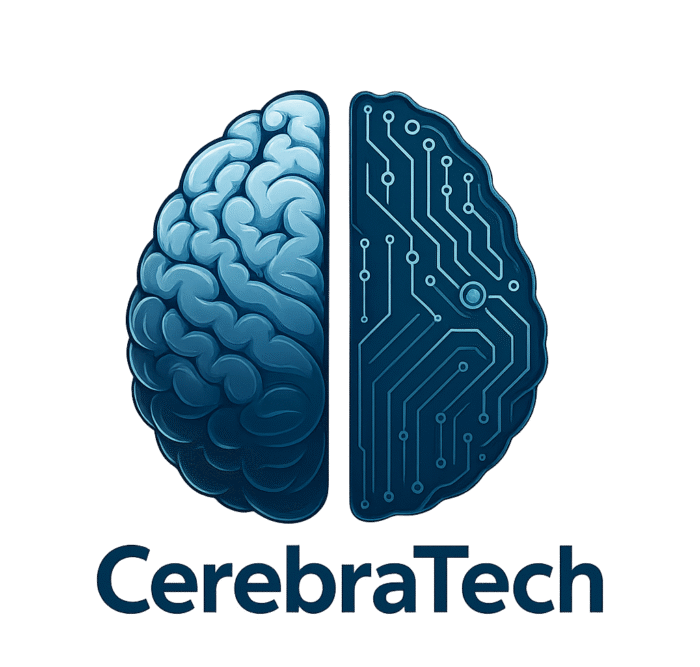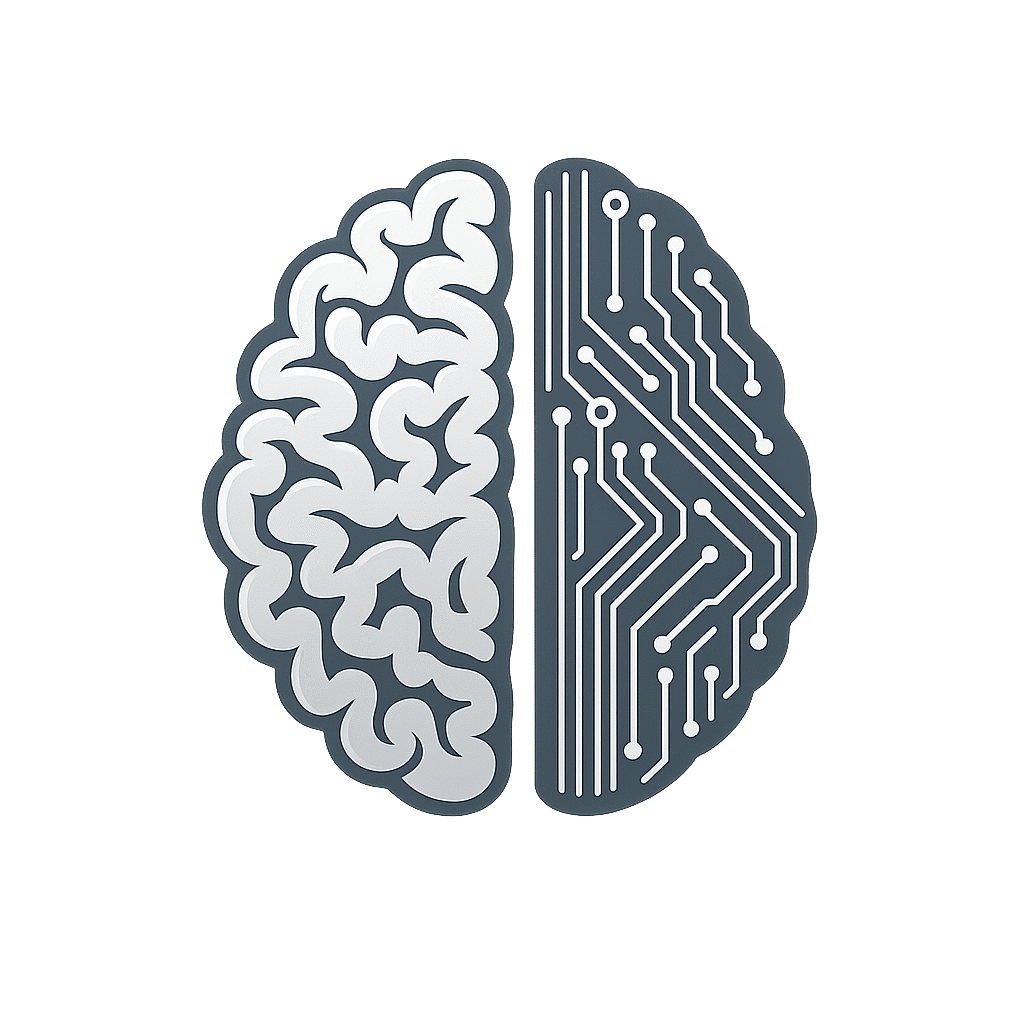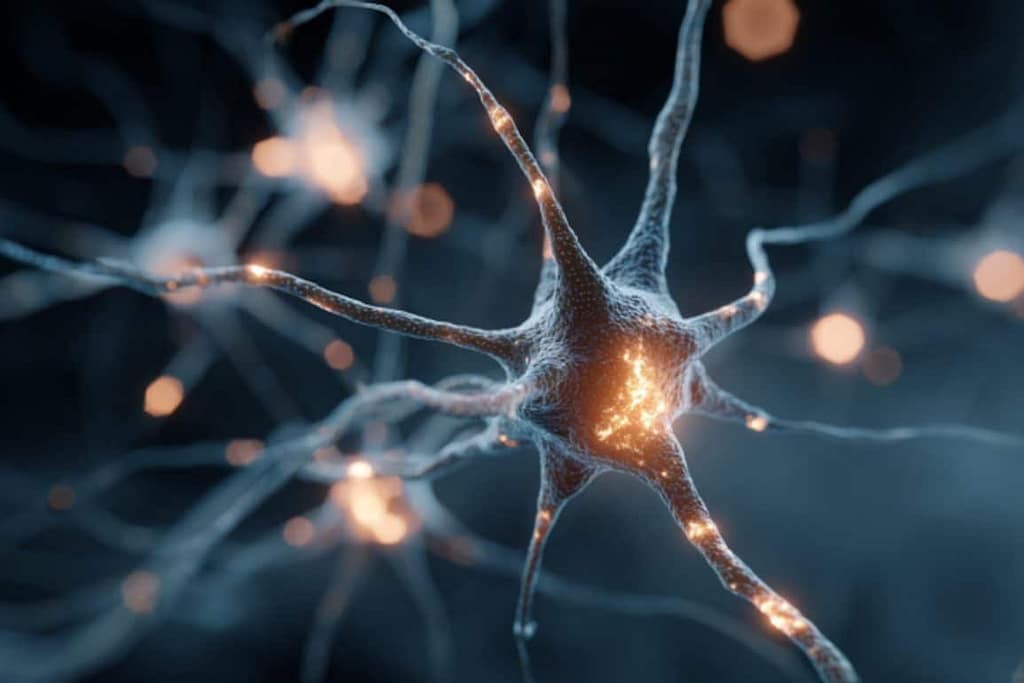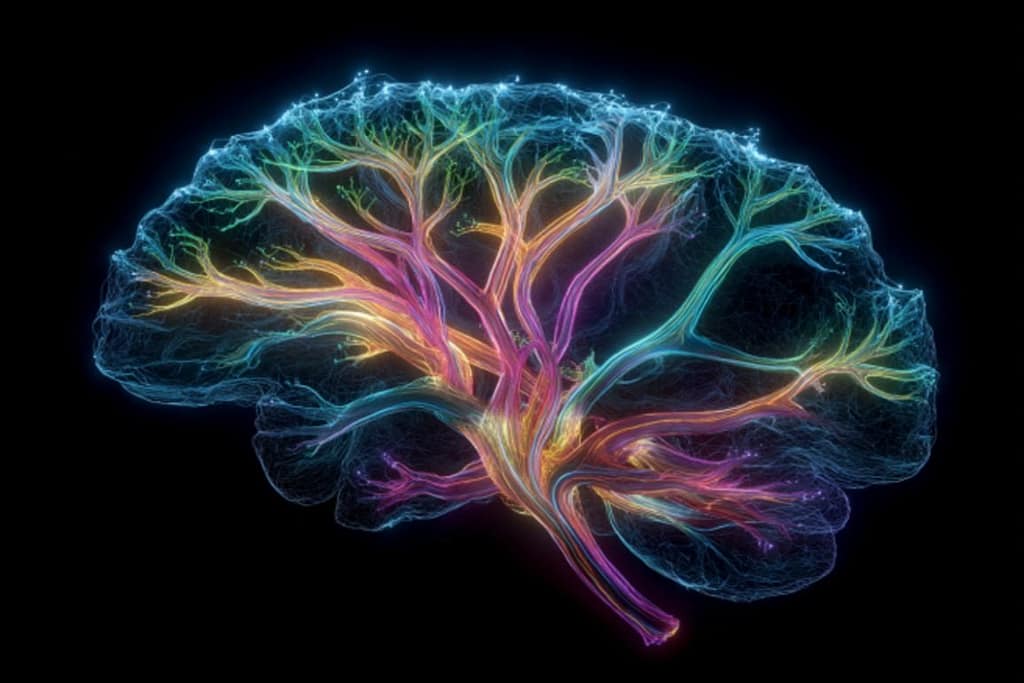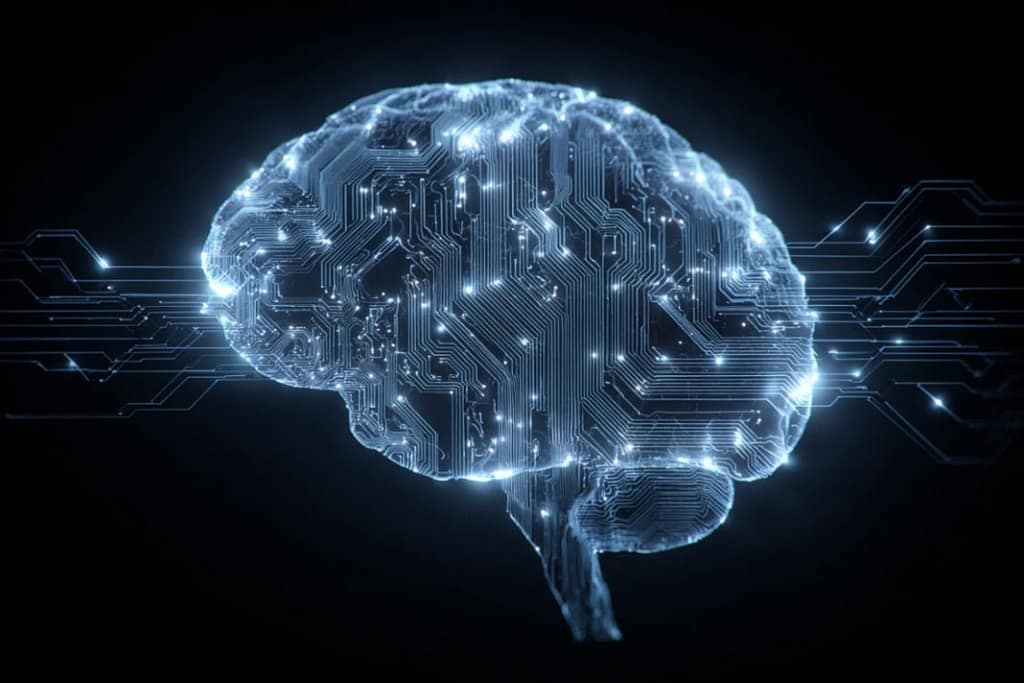Daily Light and Sound Therapy May Slow Alzheimer’s Decline
A long-term study found that daily 40Hz light and sound stimulation may help slow cognitive decline in people with late-onset Alzheimer’s disease. After two years of treatment, participants maintained stronger cognitive performance than typical Alzheimer’s patients and showed reduced levels of tau protein, a key disease biomarker.
Daily Light and Sound Therapy May Slow Alzheimer’s Decline Read More »
